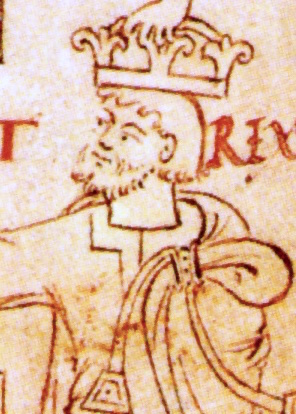
Storytelling is an art distinct from, but not incompatible with, literary quality. Sometimes you’ll find a book that contains a fair number of flaws, but it still pulls you in.
That was the case for me with Darren Sugrue’s Shred of Doubt. Lately I’d been afraid that increased viewing of YouTube videos (Jordan Peterson and others) was damaging my ability to enjoy fiction. But Shred of Doubt grabbed me and held on all the way.
Jimmy Quinn is an Irish marine biologist. He hasn’t been in Hyannis, Massachusetts in 25 years. Back then he was a student working in a diner, earning money for University back home. That year he fell in love with Chelsea Thomas, a local girl who also worked at the diner. Just before he was due to go home, Chelsea disappeared, never to be seen again. Evidence pointed to another worker at the diner, a fellow with an unrequited crush on Chelsea, and he went to prison for life.
But now Jimmy is back in Hyannis, attending a conference. He goes to the diner to see an old friend who still works there. The friend, hesitantly, gives him something he’s been holding on to. It’s Chelsea’s diary, which he found hidden in the locker room long after the case had been closed. Jimmy reads it through and discovers things he never knew about her. Suddenly he’s obsessed. He forgets the conference and his duties. He has to discover the truth about what really happened to Chelsea. Could she still be alive? Did an innocent man go to prison?
There were many points in this book where I thought the author was reaching a bit. Some of the plot points seemed forced. The psychology, I think, was more TV movie than real life. There were homophone errors.
Also, he talked about a safety on a Glock (they don’t have them. [Full disclosure, I made the same mistake in a manuscript myself once, but a friend corrected it for me.])
Nevertheless, the pure storytelling was masterful. I had a hard time putting Shred of Doubt down.
Cautions for language, adult situations, and fairly explicit sex.









